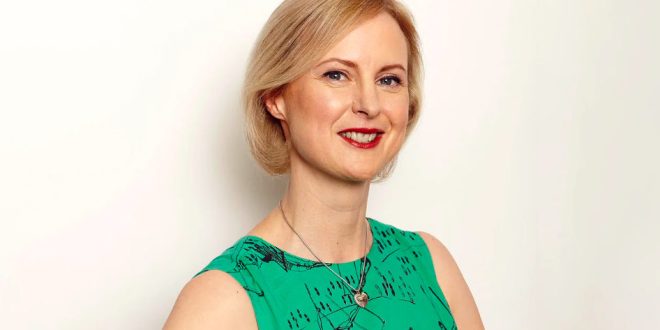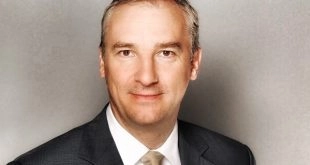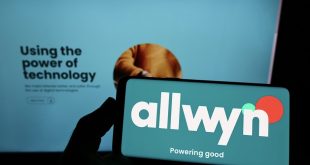Lebby Eyres, the new Chief Executive of Health Lottery, brands herself as a ‘story-teller who is unafraid to put tough social narratives at the forefront of reinvigorating Northern-&-Shell’s lottery business.
A former long-standing chief editor of Richard Desmond’s media empire, the appointment of Eyres as CEO of the Health Lottery surprised industry observers. Yet, she backs her experience and credentials, notably having held oversight of the development of N+S ‘highstreet hits’ of NEW and Star magazines.
Stepping away from the editor’s desk, Eyres recognises that transforming the Health Lottery into another highstreet hit as her toughest career challenge – at a time when the consumer proposition of lotteries has been placed under the spotlight.
“I believe that lotteries can be transformational for societies. I remember when the National Lottery was launched under the Major government in 1994 and how it changed fundraising across Britain.
“My sister was an Olympic athlete who competed in the 1992 Olympics in Barcelona, and I had seen her struggle with no form of support… for me, it’s clear that lotteries can be beneficial and transformational.”
Yet thirty years on from the National Lottery’s inception, Eyres takes over the Health Lottery as the cost-of-living crisis has placed health and welfare at the top of public concerns.
The importance of the Health Lottery is emphasized as a guarantor of funding for regional health charities and as a further mechanism to tackle health inequality visible across UK communities.
“Health inequality can be a challenging concept for consumers to understand, but in recent years we saw in COVID how many disadvantaged sections of people were adversely affected.
“People have come to understand how health inequality affects everybody, and the lack of good housing growing up, and how they are disadvantaged later on. Schooling and education, and all of those are key to the charities we support.”
Eyres believes that the Health Lottery needs to be at the forefront of tackling societal inequalities, yet its mission is currently hindered by an unclear message put to the consumer.
Of direct concern, she noted: “If you go to the Health Lottery website there is a lot of material available on good causes, but you have to search for it. It’s not clear to players who we’re supporting, and I want to make that much clearer to everyone.”
“Over the past 12 years, we’ve raised £127m and supported 3,000 charities through the Health Lottery.”
The transformation of the Health Lottery takes place amid the backdrop of pan-European lottery conglomerate Allwyn Group taking stewardship of the National Lottery in 2024.
As such can the Health Lottery grow its public appeal against a tidal wave of advertising/media campaigns promoting a new National Lottery product?
The seasoned editor provided the statesmanlike reply when questioned about the competition: “It will be interesting for everyone to see what Allwyn can come up with in 2024 and what direction they take it.
“It’s unusual that there has been this familiarity between the National Lottery and Camelot themselves, and it’s a big moment to have this transition.
“There is room for everybody, and to get everyone talking about lotteries will only be a good thing. It refreshes the lottery in people’s minds that they exist and of the causes that can be funded.”
Fresh to gambling, Eyres joins the industry at a point of intense scrutiny awaiting the outcome of the Gambling Review. Yet providing thoughtful, introspective reflections, she is aware that stronger narratives are required over ready-made sound bites.
“I have always been drawn to human interest stories, such as working with Refuge on a domestic violence campaign, and we’ll be doing the same thing for the Health Lottery.
“We’ll be telling the stories of the charities we support and showing how people can get in touch and reassuring them that the money they are spending has a good purpose behind it.
“We need to put forward true and real-life stories. It’s important to engage readers and I know how to connect with audiences. At the moment the story is a little lost and we’ll be bringing them front and centre.”









